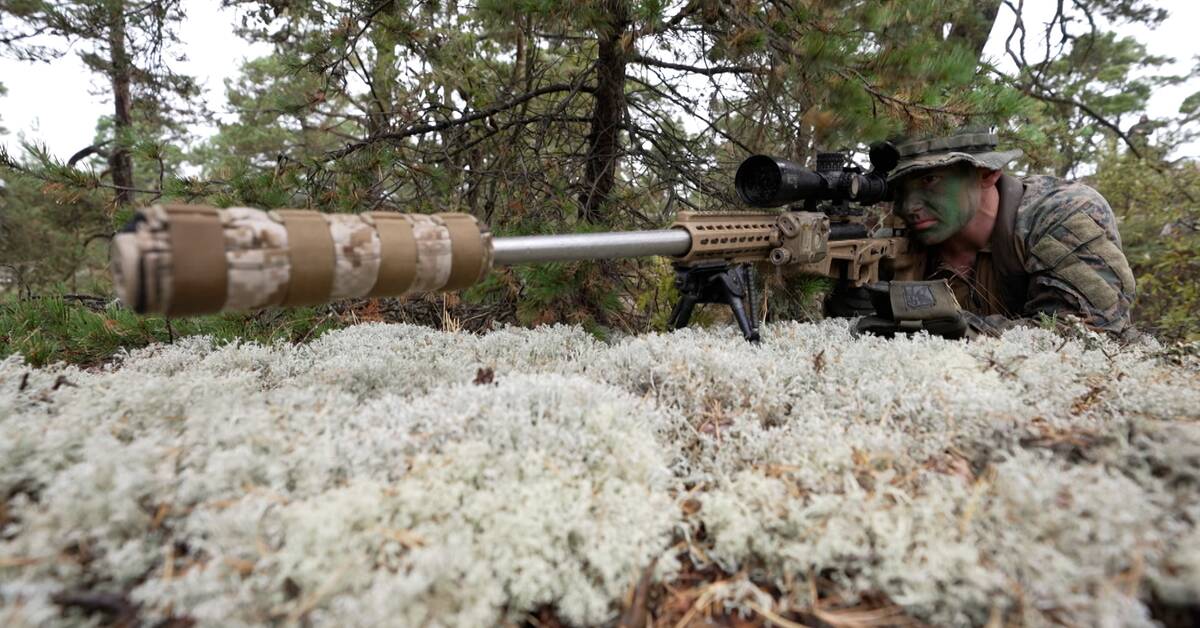The order books are being replenished quickly at the leading arms manufacturers.
Ammunition, robots and other materiel delivered from NATO countries to Ukraine are being used up at a rapid rate and must be replaced.
At the same time, almost all European countries have decided to invest in defense at levels not seen since the Cold War.
- It says something about the dangerous situation when countries prefer rearmament instead of dialogue to improve their security, says Nan Tian, senior researcher at Sipri.
Heavy military support to Ukraine
Nan Tian and his colleagues have made a compilation of all known major decisions related to military defense since the outbreak of war.
- It is an exceptional increase we have seen in the last six months, says Nan Tian.
After Russia's occupation of Crimea for eight years, the United States and Europe began to invest more in defense.
US military aid to Ukraine amounted to roughly $3.5 billion between 2014 and February 24, 2022, since then more than $13 billion in aid has been granted and Ukraine has been promised more arms deliveries.
The European military and financial support to Ukraine is also extensive.
At the same time, the European NATO countries, following pressure from the US, have promised to raise their own defense spending to two percent of GDP.
Large military investments also in East Asia
A similar development is seen in the countries around the Pacific Ocean.
China has greatly increased its defense investments, and President Xi Jinping's goal is for the country's armed forces to be able to compete with those of the United States.
China's ambitions worry other countries in the region.
- States should always be able to defend themselves, but they should not arm themselves in such a way that their neighbors perceive them as a threat and feel compelled to arm themselves, says Nan Tian.
Australia recently decided to buy eight nuclear submarines from the United States for just over $100 billion and Japan, despite financial problems, has decided to increase defense spending by over seven percent.
The experts at Sipri expect that 2021's record high global defense costs of SEK 21,000 billion will be beaten by a landslide.

